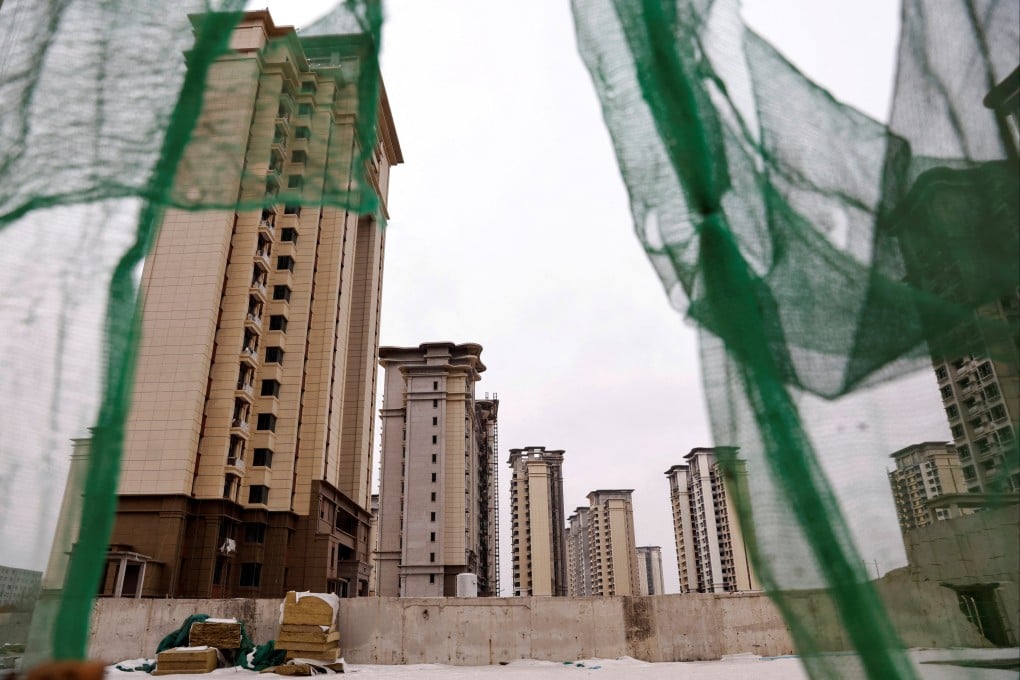Advertisement
Macroscope | China’s overheated government bond market is the least of its worries
- Concerns about the sovereign debt market shouldn’t be related to threats to financial stability but the risk of a more severe economic downturn
Reading Time:3 minutes
Why you can trust SCMP
1

Who said China’s financial markets were in turmoil? Since January last year, the yield on the country’s benchmark 10-year government bond – which moves inversely to prices – has fallen from 3 per cent to 2.1 per cent, its lowest level since Bloomberg began tracking data on the market in 2002.
Advertisement
The rally in Chinese sovereign debt, which Nikko Asset Management dubs “the quieter China trade”, has been driven in part by a surge in investment in the country’s bonds. Since the start of this year, overseas investors have piled into short-term bank debt, increasing their holdings of onshore bonds in the interbank market to a record high, according to data from Bloomberg.
However, the more salient trend is domestic investors’ stampede into fixed-income products because of the lack of stable alternative assets amid a long-running bear market in stocks and a crisis in the property sector. The assets of Chinese bond mutual funds surged to a record 6.5 trillion yuan (US$907 billion) in May, up a staggering 40 per cent in the past year.
Chinese policymakers are worried that the fierce rally in the bond market, after the 10-year yield stood at 4 per cent in early 2018, has gone too far. The People’s Bank of China (PBOC) has warned of a bubble that could burst in a similar manner to the one that brought down Silicon Valley Bank in the United States last year. The regional lender suffered crippling losses on its large holdings of US Treasury bonds when interest rates rose sharply.
The fear of so-called duration risk – the sensitivity of bonds to changes in borrowing costs – has compelled Chinese regulators to exert more control over the bond market. Rural banks in Jiangxi province were recently told not to settle their latest purchases of government debt and several brokerages have reduced their trading of bonds, while some of the largest state banks have been asked to keep records of the buyers of the sovereign debt they sold in the hope of deterring speculators.
However, while Beijing has legitimate concerns about financial stability, its efforts to take the heat out of the bond market are misguided, ineffective and disingenuous. First, the plunge in bond yields reflects the weakness of China’s economy and the inadequacy of the policy response. Last month, bank loans shrank for the first time since July 2005 as households and businesses continued to retrench and pay down debt.
Advertisement

Advertisement

